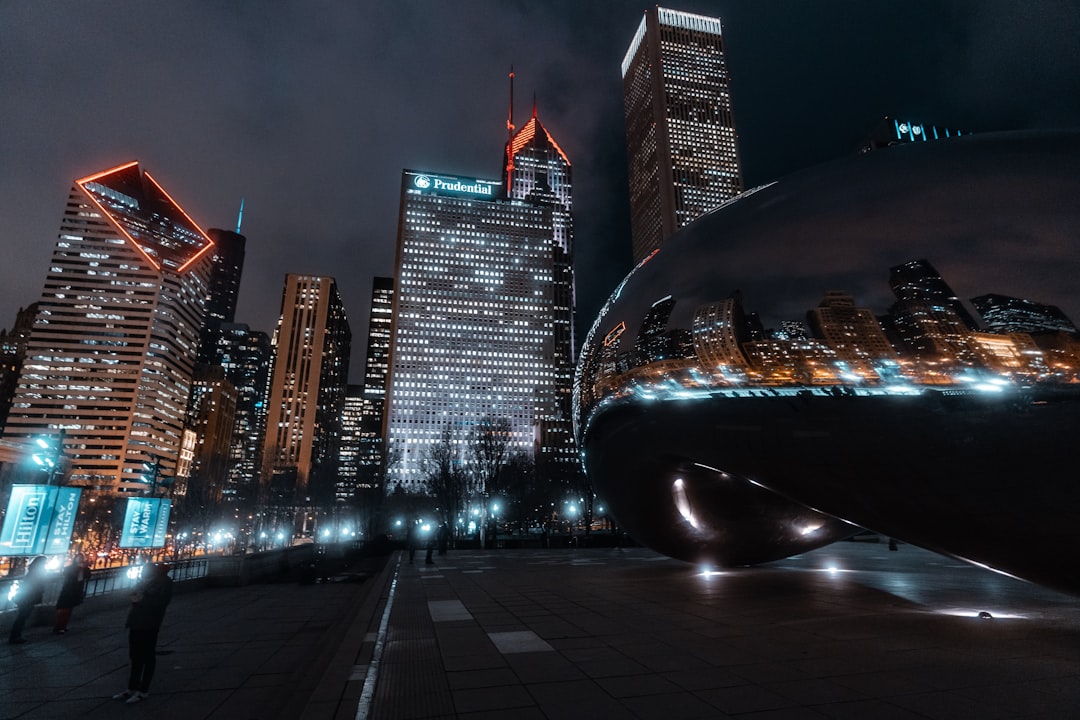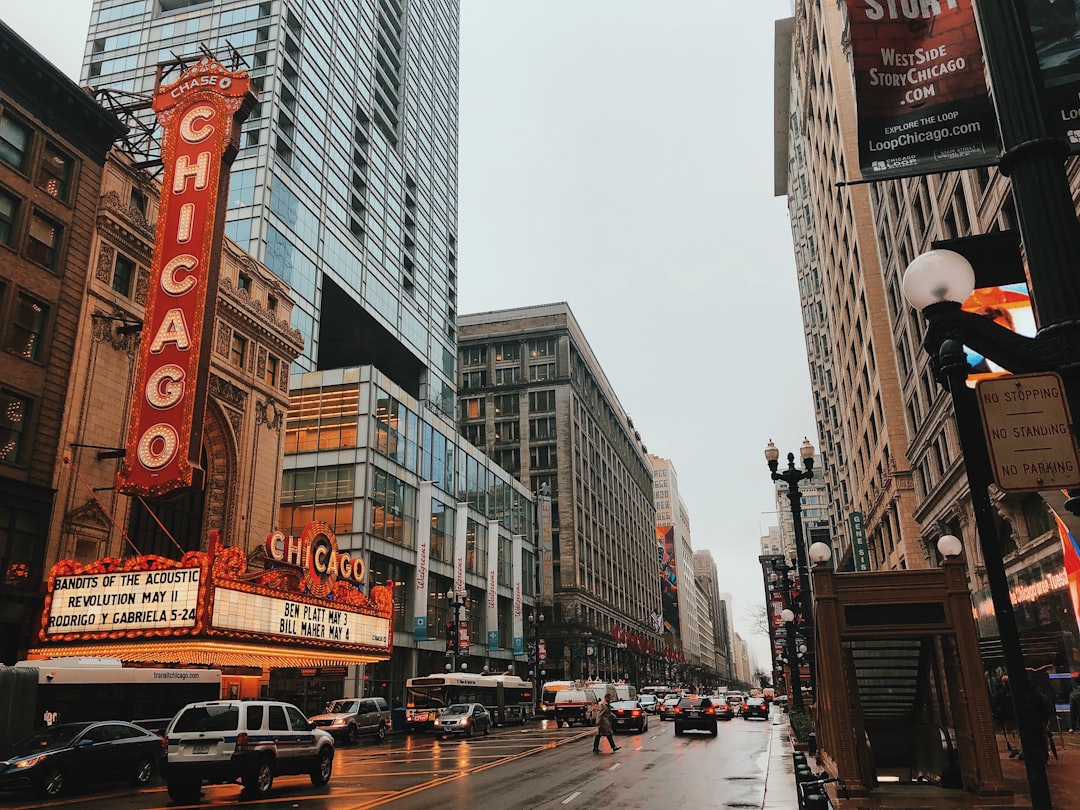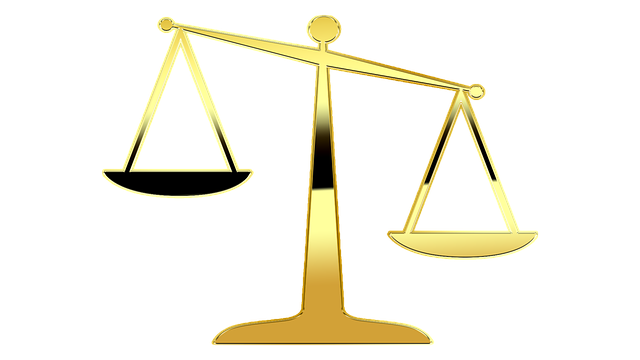In LGBTQ+ relationships, consent is shaped by historical and societal contexts, with power dynamics sometimes blurred. Oak Park residents and rape lawyers in Illinois must understand unique challenges faced by this community, including internalized stigma, discrimination, and cultural misunderstandings. Consent education and open dialogue are critical for safe, respectful relationships. In Illinois, clear, enthusiastic consent expressed verbally or non-verbally is legally required to prevent sexual assault, especially in Oak Park where LGBTQ+ cases face societal biases and misconceptions. Rape lawyers specializing in these cases play a vital role in challenging stereotypes, gathering evidence, ensuring fair outcomes, and advocating for legislative changes to protect LGBTQ+ individuals from sexual violence.
In Oak Park, as across Illinois, understanding consent in LGBTQ+ sexual assault cases is paramount. This complex issue demands a nuanced approach, considering the unique dynamics of same-sex relationships and evolving legal definitions of consent. This article explores these intricacies, from the perspectives of both consent in LGBTQ+ relationships to the specific challenges faced when navigating court cases. We delve into the crucial role of rape lawyers in ensuring justice for victims, highlighting their expertise in Illinois law.
Consent and LGBTQ+ Relationships: A Unique Perspective

In LGBTQ+ relationships, consent is a nuanced topic that requires careful consideration due to societal and historical contexts. The dynamics of same-sex encounters can sometimes blur traditional power imbalances, making it essential for individuals to openly communicate their boundaries and desires. Unlike heterosexual interactions where consent is often assumed within a legal framework, LGBTQ+ couples may navigate complex emotional and social factors.
When discussing consent in Oak Park or seeking assistance from rape lawyers Illinois, it’s crucial to recognize that same-sex relationships can involve unique challenges. This includes addressing internalized stigma, societal discrimination, and the potential for power dynamics to shift due to cultural misunderstandings. Educating oneself about consent and fostering a culture of open dialogue are essential steps towards ensuring safe and respectful LGBTQ+ relationships in Illinois.
Navigating Legal Definitions of Consent in Illinois

In Illinois, consent is a fundamental aspect of any sexual encounter, and its legal definition plays a crucial role in LGBTQ+ sexual assault cases. Understanding this concept is essential for both victims and those seeking justice. The state’s laws define consent as an agreement between all parties involved, ensuring mutual willingness and enthusiasm. This means that every person must voluntarily agree to engage in sexual activity without any form of coercion or pressure.
Navigating legal definitions of consent can be complex, especially within the LGBTQ+ community where relationships may involve unique dynamics. It’s important to remember that consent is not just about saying “yes,” but also involves active communication and enthusiasm throughout the encounter. Rape lawyers in Illinois emphasize the need for clear and enthusiastic consent, which can be expressed verbally or non-verbally, ensuring everyone involved feels safe and respected.
Challenges in Proving Consent (or Lack Thereof) in LGBTQ+ Cases

Proving consent, or its absence, in LGBTQ+ sexual assault cases can present unique challenges due to societal biases and misunderstandings about same-sex relationships. Illinois rape lawyers often encounter situations where the dynamics of consensual encounters between individuals of the same gender are misunderstood or dismissed, leading to difficulties in gathering evidence and securing convictions. The complexity arises from cultural and legal misconceptions that may affect how witnesses, victims, and even law enforcement perceive and report such incidents.
In Oak Park, as in many communities across Illinois, raising awareness about consent and challenging stereotypes is crucial. Rape lawyers specializing in LGBTQ+ cases must be adept at navigating these complexities, ensuring that every aspect of the case is thoroughly examined and that any potential bias or prejudice does not hinder the pursuit of justice. They work diligently to gather evidence, interview witnesses, and educate both the legal system and the public about the realities of same-sex relationships to achieve fair outcomes for their clients.
Finding Justice: Role of Rape Lawyers in Oak Park LGBTQ+ Cases

In Oak Park and across Illinois, finding justice in LGBTQ+ sexual assault cases can be complex due to unique societal and legal challenges. Here, the role of rape lawyers becomes pivotal. These specialists are equipped not only with profound knowledge of state laws but also with the sensitivity required to navigate sensitive issues that often arise in such cases. They ensure that victims’ rights are protected while pursuing justice against perpetrators, regardless of sexual orientation or gender identity.
Rape lawyers in Oak Park play a crucial role in building robust cases, challenging stereotypes, and advocating for their clients. They help victims understand their legal options, provide support throughout the legal process, and advocate for changes in legislation to better protect LGBTQ+ individuals from sexual violence. Their expertise is instrumental in securing fair trials and ensuring that justice prevails.






